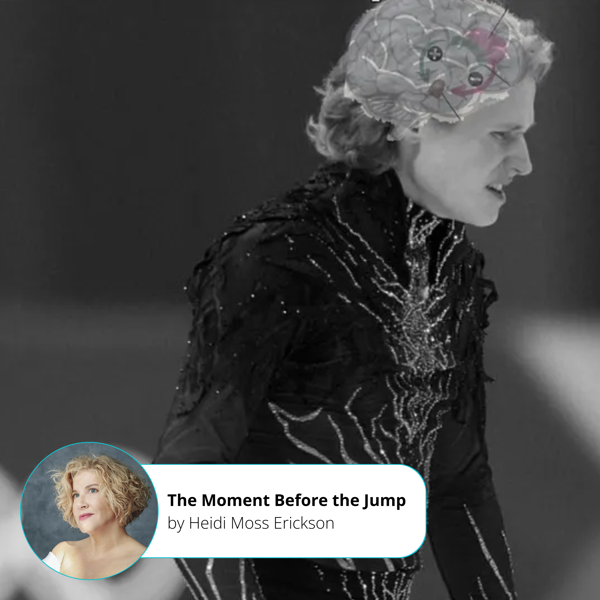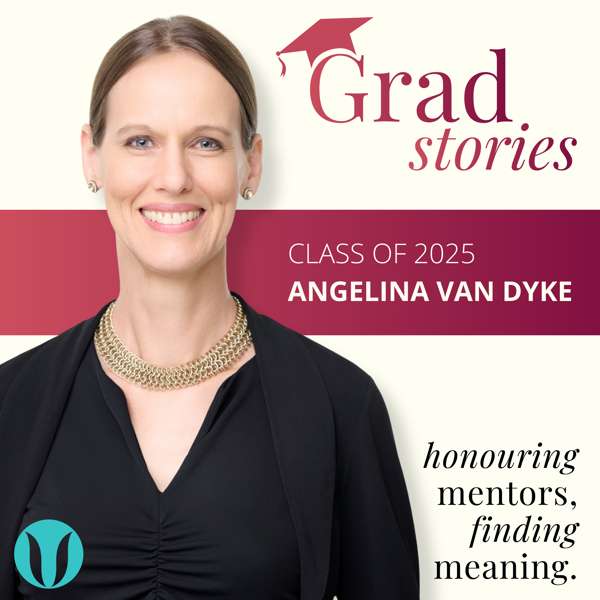Course Review: An Exploration of Belting with Amanda Flynn
Friday 1st September 2023Amanda Flynn’s ‘Exploration of Belting’ began by exploring the history of belting, how no one single person created the sound, and how the origin of the word is hard to track down. Broadway performer Ethel Merman was possibly the first to be termed a ‘belter’, however belting appears to derive more from the likes of indigenous North American, Indian and African music, all of which share belting’s ‘speech-like’ qualities. Clips of the different musical styles were shared to compare similarities.
Amanda shared some relevant voice literature, including two Norman Spivey articles from the Journal of Singing, and picked out phrases such as Si canta come si parla (‘one sings as one speaks’) that indicate belting’s speech-like qualities. She also looked at some negative examples, including one which quoted belting as “extremely detrimental to vocal health”.
So, what is belting? The next part of the course looked at multiple definitions of the term, including differing acoustic and laryngeal registration definitions (see Schutte and Miller, 1993; Lebowitz and Baken, 2009; Flynn et al, 2018), and included some pitch displays from VoceVista software. This followed on to an analysis of semantic terms such as ‘head belt’, ‘twangy belt’ and ‘brassy belt’.
Different variations of belting were explored, including in volume (loud or quiet), vowel (opened or closed), weight (heavier or lighter), perception/resonance (mouth or nose), and semantics (belt or speech/mix), and Amanda described what happens during the gradual transition from a lower, heavier belt to a higher, lighter belt. Participants were then shown four example audio clips and asked to share their perceptions of each one.
A considerable portion of the course looked at the needs of belting beginners, and three attributes were defined as essential to have in place before belting:
- A strong M2/head voice/falsetto
- A clear, resonant chest/speaking voice
- Light singing – free and easy without overcompensating
Amanda then split the beginning belter needs into three elements:
- Speaking voice – the ability to use speaking voice on pitch
- Registration execution – the ability to control laryngeal and acoustic registration choices
- Calling – the ability to call on and off pitch
Recommended vocal exercises were shared for each of the above. These were supplemented by video clips of beginner belters trying out some of the exercises in Amanda’s own studio, with Amanda providing valuable insight and context where necessary. Speaking voice exercises included humming into words/pitches; Registration execution exercises included ‘No/Yes 12321’; and calling exercises included phrases such as ‘Mom!’ and ‘No way!’.
But how do beginning belters become more advanced and what do people need as their skills progress? Amanda explored her concept of the ‘belter bridge’ i.e. the transition/shift in the belt as it goes from lower and heavier to higher and lighter (A flat to C in lower voices; B flat to D in higher voices). This is characterised by a change in placement or resonance (a higher resonance) and a narrowing or thinning. Suggested exercises included the ‘witch cackle’ exercise, which is most recommended for singers that are too ‘heavy’ when they ascend. More video clips showed these exercises in action.
This led nicely on to discussion of some common belting issues and how to solve them, for example if the belter moves into higher belt too soon, you should address the ‘belter bridge’ and focus on bottom-up exercises in addition to crescendo/decrescendo exercises. Amanda concluded her comprehensive course with some helpful ideas for building stamina (e.g. varied or interleaving practice), assigning repertoire (e.g. shorter songs are better) and selecting beginner belting material (e.g. songs that use a speech-like quality in the middle range).




